WORLD VETERINARY DAY
The majority of people who choose a veterinary career do so because they want to aid and care for animals, but when they go down that path, they become aware that veterinary medicine is far from that. The general public regards veterinarians as the most trustworthy source of knowledge about animal welfare, and as a result, they trust their judgment and choices. However, studies from around the world have revealed that, at least in the case of farmed animals, the situation may not be so dreamy. For example, veterinarians who work solely with farm animals have a different attitude about farm animal suffering and their cognitive capacities than their colleagues in small animal practice. Studies also show that age influences attitude on pain among farmed animals where younger veterinarians are more aware of the benefits of utilizing pain medication than older doctors.
The most recent study from Italy shows that, even as students, future veterinarians with an interest of working with farmed animals show less empathy and disregard aspects such as freedom from pain and distress, as well as the ability to exhibit natural behaviors, as less important in farmed animals than in other species. The authors of this study believe that veterinary curriculum for future farmed animal practitioners should focus more on animal welfare. More targeted and in-depth lessons on this critical issue can help to shape more favorable views about farm animal care.
In 2018, researchers discovered that 77% of veterinarians had suffered moderate to severe stress as a result of ethical quandaries. Furthermore, 70% have received little to no training on how to resolve these conflicts. When it comes to ethical quandaries, common issues seem to resurface over and again.
These problems include:
Issues surrounding treatment options
Issues related to animal welfare
Conflicts due to the competing interests between a client and the caregiver
A big problem in veterinary medicine is the lack of universally accepted moral standards assigned to animals. Under pressure from their employers, veterinarians have developed techniques that result in underreporting of animal illnesses, particularly as a result of industrial farming systems and efforts to safeguard financial investments. They have neglected to thoroughly explore the prevalence or nature of such threats.. Veterinarians have approved the harsh conditions in which animals are maintained for farming or for amusement (as in zoos, aquaria, or circuses). They have also approved the creation of breeds that cannot live without medically assisted births (as in the case of certain breeds of dogs). Veterinarians are implicated in drugging of racehorses and other animals used for sporting events. There are many more things happening that raise question whether veterinarians really protect animals. or not ? Some of them are veterinary malpractices, corruption of veterinarians, underreporting of animal diseases, bribery of veterinarians, illegal veterinary practices, abusive medical treatment of animals, misuse of veterinary skills, etc.
By emphasizing the significance of maintaining animal welfare, veterinary education may play a critical role in forming the attitude of future farmed animal practitioners. It will also become increasingly important for the animal advocacy community to build bridges with the veterinary profession and to support those veterinarians who have already committed to speaking out and are facing industry backlash and hostility from less progressive colleagues, sometimes with serious personal consequences.


